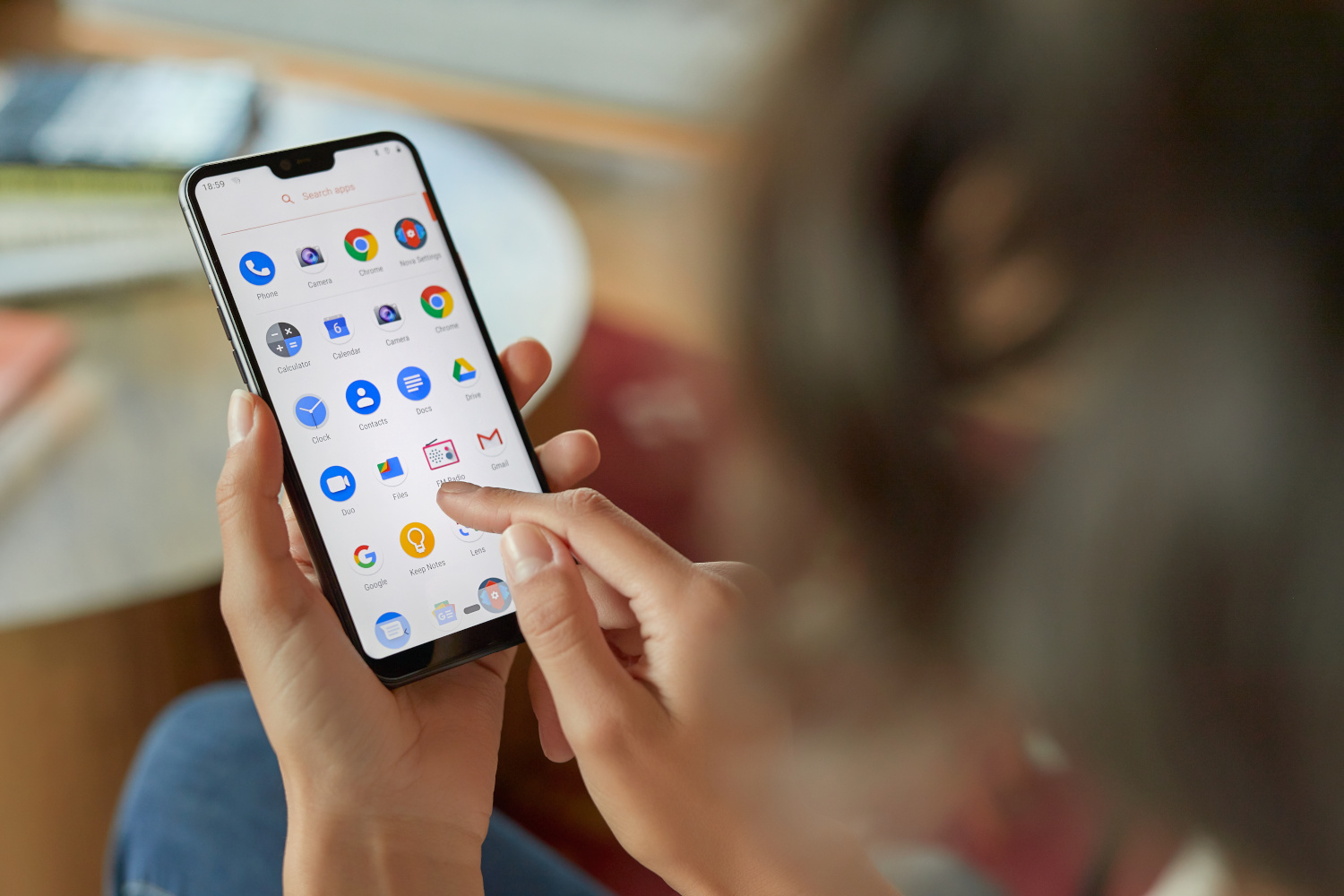With phone manufacturers putting out a new entry in phone ranges at least once a year (twice a year in certain cases), it’s fair to say the turnover rate for phones can be fairly high. As such, the phone industry creates a lot of electronic waste from unrecycled older phones and devices. The Teracube phone is hoping to put an end to some of that waste with its four-year warranty and free replacements program on a phone that costs less than $400.

With the average lifespan of a smartphone being around two years, claiming your smartphone is built to last twice that is certainly a heady boast. As smartphones age, battery life tends to drop as the battery cell ages, while the sleek and snappy performance you got straight out of the box tends to be blunted as the processor ages. Teracube is hoping to sidestep these problems with a free battery replacement, as well as a warranty and performance guarantee for four years. That’s a four-times longer than most flagship phones, and while we have seen free battery replacements for certain phones, it’s certainly not a common selling point.
Key Specs
- CPU: MediaTek Helio P60
- Memory: 6GB
- Storage: 128GB
- MicroSD storage: Yes, up to 256GB
- Screen size: 6.2 inches
- Resolution: 2280 x 1080
- Connectivity: USB-C, headphone jack, Bluetooth 5.0
- Battery: 3,400mAh
- Size: 157 x 75.5 x 7.7 mm
- Weight: 176g (6.2oz)
- Operating system: Android 9.0 Pie
That doesn’t mean it’s a low-powered phone though. The Teracube is powered by the midrange octa-core MediaTek Helio P60, and comes with 6GB of RAM, a hefty 128GB of storage, and a space for further expansion through a MicroSD card. That hardware is powered by a 3,400mAh battery, which Teracube claims will last all day with the midrange hardware — but we have concerns that 3,400mAh is on the lower side for battery capacity these days, and could impact on the phone’s longevity in the future. There’s quick charging support with the charger supplied, though there’s no wireless charging.

Durability is a huge concern for Tearcube, and it’s fitting the phone has really been put through its paces. The metal alloyed frame has been rigorously tested by drops up to 3 feet, while the buttons have been tested over 150,000 times. The 6.2-inch notched display runs a 2280 x 1080 resolution (it’s been drop-tested too), and the touchscreen capabilities have been similarly put to the test over 100,000 times. The USB-C port and headphone jack were subjected to insertion tests up to 3,500 times too. It’s clear that durability is a huge concern, and while there’s no water-resistance, it’s fair to assume the Teracube should go the distance.
There’s a fingerprint sensor around the back, and a dual-lens camera system too. It comprises a 12-megapixel main lens with a secondary 5-megapixel lens used for capturing depth data for portrait mode shots. Around the front you’ll find an 8-megapixel selfie lens.
There’s no use having a phone if it’s not going to get the software support though, and Teracube is well aware of that. The Teracube will get three years of updates, both major Android OS updates and security patches. Most Samsung flagships only get two years of support for major Android updates, so this is a big bonus. The Teracube will ship with Android 9.0 Pie, but has been promised to receive Android 10 by the spring of 2020.
Interested in investing in the Teracube for the next four years? The Teracube phone is currently only available through a Kickstarter campaign, and early bird backers can get the phone for just $199 — saving $150 on the eventual RRP. If those run out, there’s also a tier to get the phone for $249, saving $100. When the phone releases, it will be available from Teracube’s website for $349. It ships unlocked, and works with AT&T, T-Mobile, and Google Fi. There’s no support for Sprint’s network, though Teracube does insist its phone will work with Verizon’s network, it’s not part of Verizon’s Bring Your Own Device program, so it can’t list itself as being supported by Verizon.




